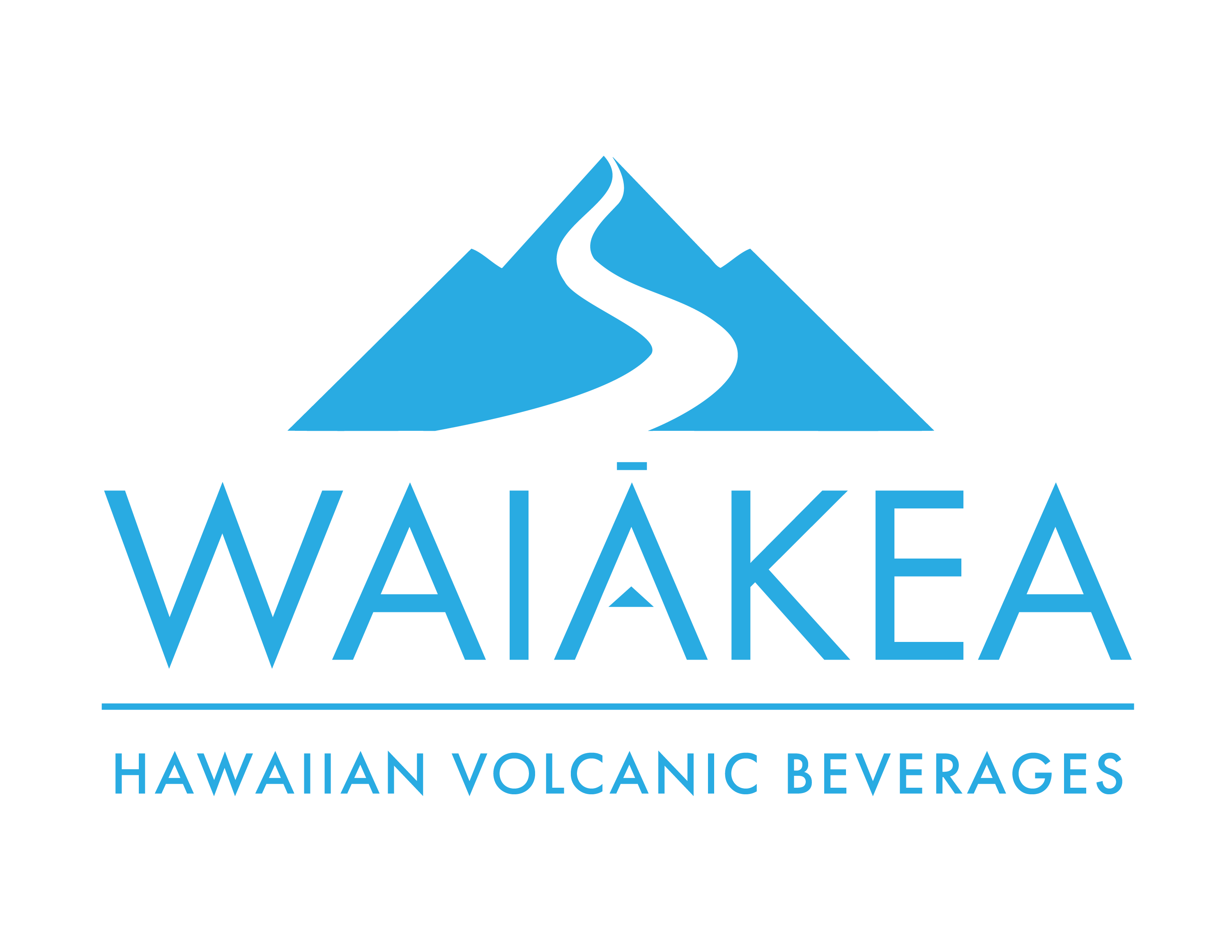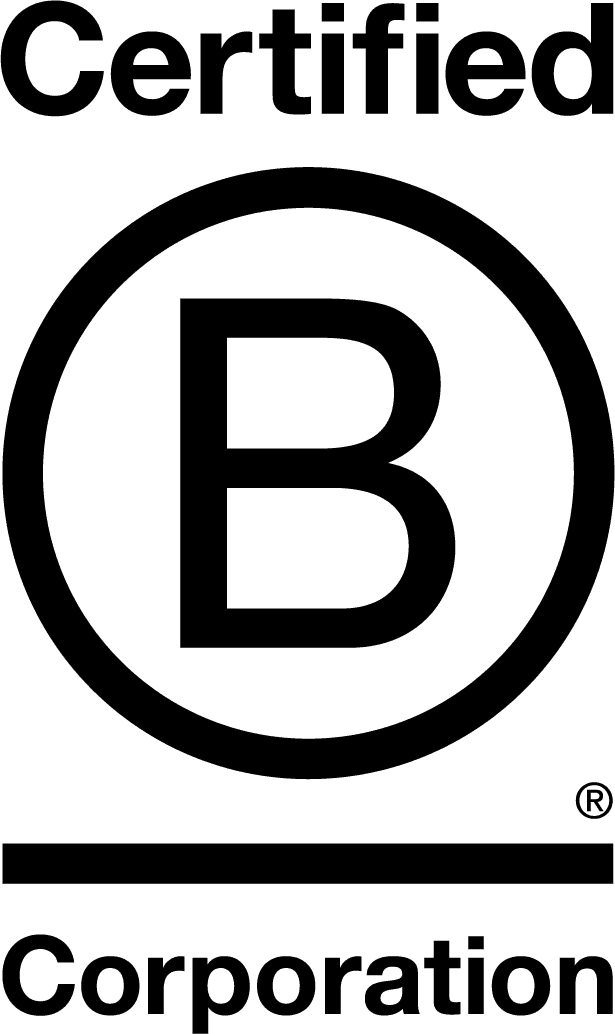

Waiakea, Inc

1.6
Hawaii, United States
June 2025
Beverages
Manufacturing
United States
At Waiākea Hawaiian Volcanic Beverages, sustainability is more than a mission statement, it’s built into every part of the company. From the beginning, Waiākea has prioritized people and planet over profit. Our team remains committed to the company's core values of living sustainability and ethically, serving the community, participating in environmental innovation, and encouraging mālama ʻāina - caring for the land and community. All of Waiākea’s beverages are packaged with intention, utilizing the world’s first Oceanplast bottles made from 100% post-consumer ocean-bound plastic, along with endlessly recyclable aluminum. Every packaging choice is designed to reduce waste and environmental impact. Waiākea’s commitment also lives through its non-profit sector, the Kōkua Initiative, which supports causes across Hawai‘i. From aid after the Maui wildfires to increasing access to clean water through watershed restoration projects, the Kōkua Initiative reflects the Hawaiian value of helping our communities. We actively measure and reduce emissions throughout the supply chain, lower overall carbon footprint, and partner with innovative logistics providers to make smarter choices. Waiākea is more than just water, it is a platform for positive impact and meaningful change.
Overall B Impact Score
Governance 19.3
Governance evaluates a company's overall mission, engagement around its social/environmental impact, ethics, and transparency. This section also evaluates the ability of a company to protect their mission and formally consider stakeholders in decision making through their corporate structure (e.g. benefit corporation) or corporate governing documents.
What is this? A company with an Impact Business Model is intentionally designed to create a specific positive outcome for one of its stakeholders - such as workers, community, environment, or customers.
Workers 42.8
Workers evaluates a company’s contributions to its employees’ financial security, health & safety, wellness, career development, and engagement & satisfaction. In addition, this section recognizes business models designed to benefit workers, such as companies that are at least 40% owned by non-executive employees and those that have workforce development programs to support individuals with barriers to employment.
What is this? A company with an Impact Business Model is intentionally designed to create a specific positive outcome for one of its stakeholders - such as workers, community, environment, or customers.
Community 24.9
Community evaluates a company’s engagement with and impact on the communities in which it operates, hires from, and sources from. Topics include diversity, equity & inclusion, economic impact, civic engagement, charitable giving, and supply chain management. In addition, this section recognizes business models that are designed to address specific community-oriented problems, such as poverty alleviation through fair trade sourcing or distribution via microenterprises, producer cooperative models, locally focused economic development, and formal charitable giving commitments.
Environment 34.7
Environment evaluates a company’s overall environmental management practices as well as its impact on the air, climate, water, land, and biodiversity. This includes the direct impact of a company’s operations and, when applicable its supply chain and distribution channels. This section also recognizes companies with environmentally innovative production processes and those that sell products or services that have a positive environmental impact. Some examples might include products and services that create renewable energy, reduce consumption or waste, conserve land or wildlife, provide less toxic alternatives to the market, or educate people about environmental problems.
Customers 4.8
Customers evaluates a company’s stewardship of its customers through the quality of its products and services, ethical marketing, data privacy and security, and feedback channels. In addition, this section recognizes products or services that are designed to address a particular social problem for or through its customers, such as health or educational products, arts & media products, serving underserved customers/clients, and services that improve the social impact of other businesses or organizations.